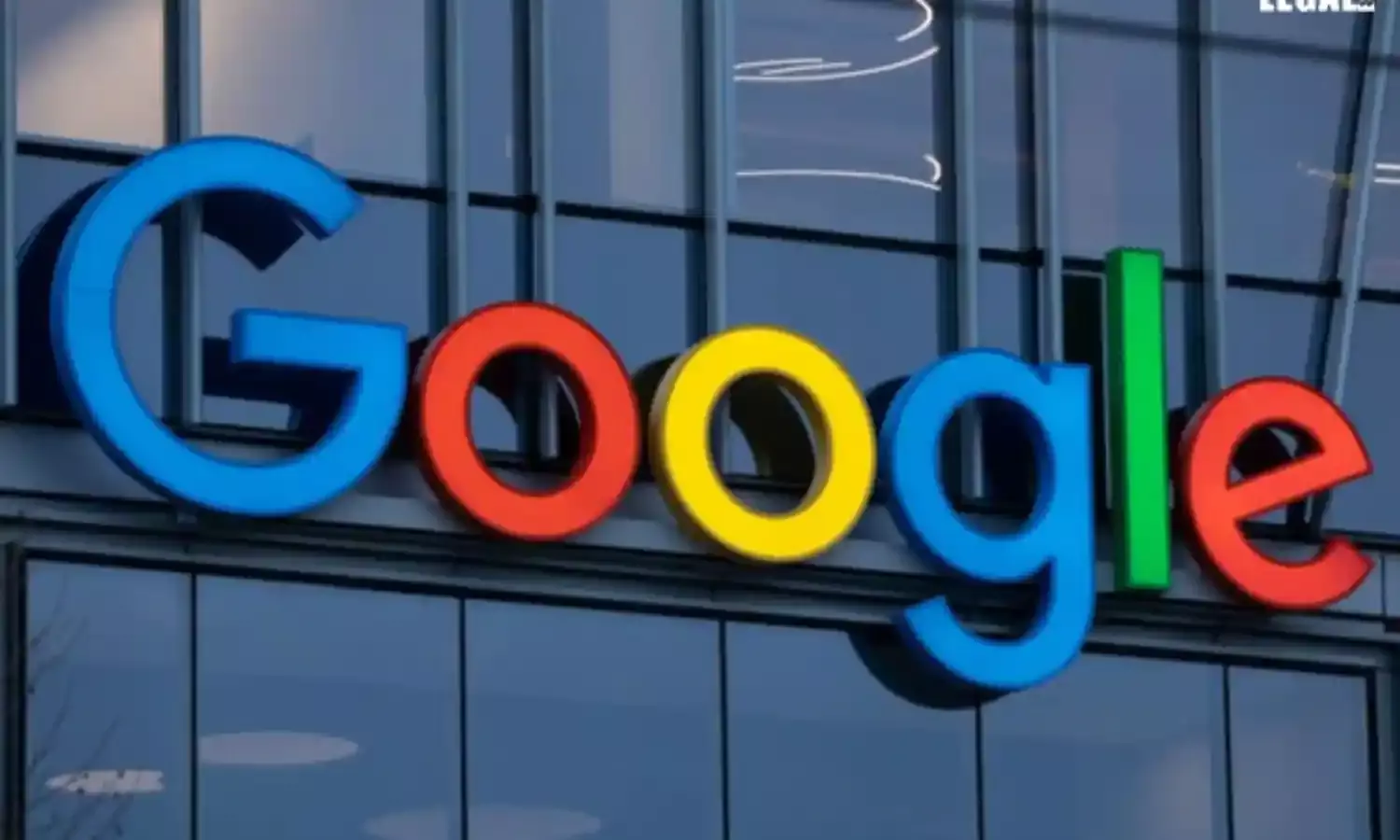Google To Settle Android TV Market’s Antitrust Case With CCI
This would be the first by any company using the competition watchdog's newly-introduced settlement provision;

Google To Settle Android TV Market’s Antitrust Case With CCI
This would be the first by any company using the competition watchdog's newly-introduced settlement provision
Google has offered to settle an antitrust case with the Competition Commission of India (CCI) on agreements with smart TV manufacturers.
The Commission had observed that the company's agreements with manufacturers violated the competition law and abused its dominant position in the Android TV market. The move will allow Google to reduce penalties.
In March 2023, the competition regulator issued regulations for the settlement scheme in the competition law. Under the scheme, companies found guilty of anti-competitive practices in India would be offered a 15 percent reduction on the penalty imposed by the CCI if they were to settle the case.
The provisions would allow companies to address regulatory concerns proactively. They could offer voluntary commitments before the investigation concluded.
Meanwhile, as in the case of Google, if an investigation is complete, the company can propose a settlement with a reduced penalty. The system achieves faster resolution of antitrust issues and reduces lengthy litigation.
In June 2021, the CCI ordered a probe into Google after Google LLC and Google India were accused by two persons of violating provisions of competition laws. The probe was ordered after examining the TV app distribution agreement (TADA) and Android Compatibility Commitment (ACC) that Google signed with smart TV makers like Xiaomi.
The Commission noted that the agreements restricted TV makers, forcing them to pre-install a suite of Google apps (even if they wanted only one), such as YouTube. The practice limited competition and consumer choice in the Android TV market.
It noted that the agreements restricted innovation by discouraging manufacturers from developing and selling devices with alternative versions of Android (known as Android forks). It hindered technological advancement and harmed consumers.
Recently, CCI’s Director-General of Investigation sent a report to the anti-trust watchdog to confirm charges of Google's anti-competitive behavior. The report claimed that Google violated provisions prohibiting anti-competitive agreements.


